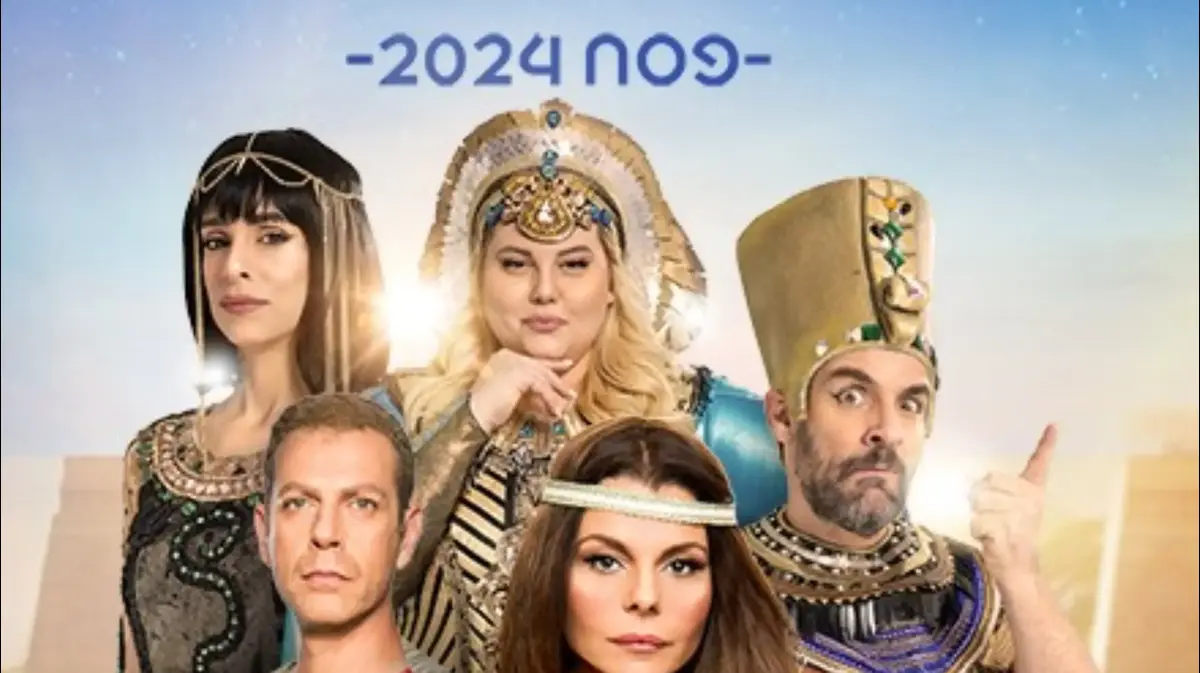Damascus-Sana
The experience of the late director Sheikh Alaeddin Kokesh was characterized by a critical and popular consensus, and it achieved the difficult equation when it brought together popularity and high level through many stations, especially in the 1970s and 1980s.
Critics stop at the works of the late Kokesh, which founded the Syrian drama and his devotion to the local identity, where critic Maher Mansour finds in a statement to SANA that the works that Kokesh produced were vibrant with a popular sense and picked up their characters from the street loaded with people's concerns and issues, considering that this style is a general feature that dominated the work of a generation Founders.
And Kokosh is one of the fathers of interactive drama with people, as described by Mansour, referring in this regard to his work, Harat al-Qasr, produced in 1970, which was shown once a week, where Kokosh worked with the writer of the late literary work, Adel Abu Shanab to capture people's feelings and their reactions to be the regular form that overwhelmed him. The next episode, and this is what he devoted to a large group of his works, such as Ras Ghlais, stressing that Kokesh possessed the recipe to reach the hearts of people through his audiences, and he devoted the concept of rational drama that is as much entertaining as useful.
As for the critic Louay Salman, he considered that he could only talk about the experience of the late Kokesh through the cry of the able artist Mona Wassef in the series Asaad Al-Warraq which he presented in 1975, where critics realized how he began analyzing the deep philosophical dimensions of the human soul through the heroes of work in times of poverty, simplicity and exploitation, the hero is happier Despite his naivety closest to idiocy, his sentences carried a lot of eloquence and profound proposition to free collective thinking.
Kokesh, the good rioter, according to Salman's description, was able with his work to fight backwardness, fanaticism, colonialism, feudalism and the forms of slavery that were imposed on man and society. He also shed light on the reality of the female and the oppressive power of the head of the family and how the family was managed and its destinies written through his personal interests and whims, up to the most famous series Abu Kamel. 1990 production.
Salman believes that the experience of the late can be summarized as one of the most important experiences of the pioneers, so the goal of his dramatic renaissance project was intellectually built on the basis of conflict, pain, and simple human dreams, and he did not forget to involve the owners of professions that began to disappear, to refer to the middle class and tell us about their simple dreams.
As for the critic Imad Nadaf, he believes that the experience of Alaeddin Kokesh raises questions about the reasons for its success to form a school that many students, explaining that his presentation of drama was a challenge with the emergence of this art since the early seventies as a new industry that relied on radio, theater and cinema, so he presented art honestly and went where it should go. Creative in selecting his subjects.
Nadaf believes that Kokesh intensified the tone of this challenge with the seventh of the Asad al-Warraq, whether in the boldness of the topic or its sensitivity, according to the vision of the great writer Sidqi Ismail, so he took the script from the pioneering writer Abdul Aziz Hilal and made the most important epic in the history of the Syrian drama, selecting for it the best actors, namely Hani Al-Romani, Mona Wassef and Malak Sukkar, so the work was the masterpiece of public performances, and the name of its director became the top of the list as an artist capable of following the path of the dramatic adventure that entered Syria.
Nadaf reclaims Kokesh's oldest works as the memoirs of my thief and the children of my country, considering that they are important stations and we note in them the key to his successful works of idea, writer, screenwriter and stars, and so his name shone after this wave of dramatic production until he conquered homes, minds and devices with his wonderful work Abu Kamel, which is a text by Doctor Fouad Sharbaji, which was The culmination of the path he took in the previous works.
Although Kokesh was tired of adventures in his last years, as Nadav sees, his artistic career remained through the generations that he learned from and left us with a great legacy, pointing out that when he visited him with a group of journalists in Dar Al-Saada, where he set up a special cell for himself to write in it, he should We read what he has written and has not yet been published.
Rasha Mahfoud














